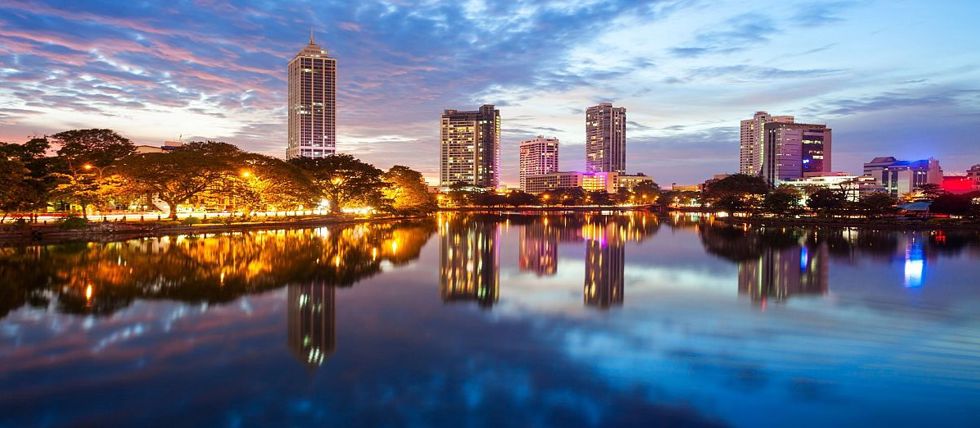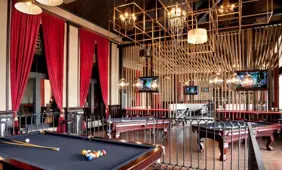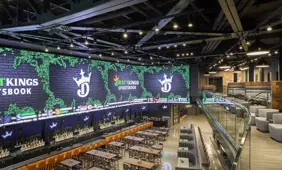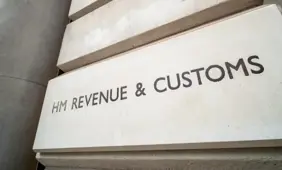Sri Lanka's Casinos to Pay for New Gaming Regulator

Sri Lanka's Ministry of Finance has taken a significant step towards regulating the country's casino industry by establishing a formal gaming regulator and imposing a substantial increase in casino license fees. These measures aim to address long-standing concerns about tax evasion and the potential negative societal impacts of the gambling sector.
Stricter Approach to Responsible Gambling
The proposed regulator, approved by the Sri Lankan Cabinet, will be responsible for overseeing tax collection, enforcing anti-money laundering regulations, and mitigating the risks associated with casino operations. The decision comes in the wake of reports that casino owners had evaded paying US$7.4 million in taxes due to a lack of proper regulatory oversight.
Related: Sri Lanka Cabinet of Ministers Creates a Gambling Regulatory AuthorityIn an effort to formalize the licensing process and ensure that operators adhere to strict standards, the Ministry of Finance has implemented a tiered fee structure based on the level of investment made by casino operators. Existing operators will be required to pay LKR500 million (US$1.55 million) for the first five years and LKR1.5 billion (US$4.66 million) for the next 15 years, followed by a renewal fee of LKR10 billion (US$31 million).
New operators planning to invest at least US$250 million will be subject to a combined license and renewal fee of LKR10 billion. Those investing at least US$500 million will face an initial license fee of Rs 5 billion and renewal fees of LKR10 billion, demonstrating a clear intent to discourage entry into the market by smaller operators with less financial capacity to comply with regulatory requirements.
State Minister Ranjith Siyambalapitiya, who oversees the Ministry of Finance's Economic Affairs Division, revealed that the government has received 10 applications for new casino licenses, none of which have yet been approved. Sri Lanka currently operates six casinos, Bally's, Bellagio, Casino Marina, Stardust, Continental Club and The Ritz Club.
Focusing on Gambling Harm
Furthermore, the government seeks to curb excessive gambling among the local population by increasing entry fees for Sri Lankan citizens from US$50 to US$200. This measure aims to protect vulnerable individuals from the potential harms associated with compulsive gambling while also generating additional revenue for the state.
These measures represent a significant shift in Sri Lanka's approach to regulating the casino industry. By establishing a formal regulator and imposing stricter licensing requirements, the government aims to prevent tax evasion, mitigate negative social impacts, and ensure responsible gambling practices.
The establishment of a gaming regulator is a crucial step towards ensuring that the casino industry contributes positively to the Sri Lankan economy while safeguarding the well-being of its citizens.
More Business News
RELATED TOPICS: Business








Review this New Post
Leave a Comment
User Comments
Comments for Sri Lanka's Casinos to Pay for New Gaming Regulator